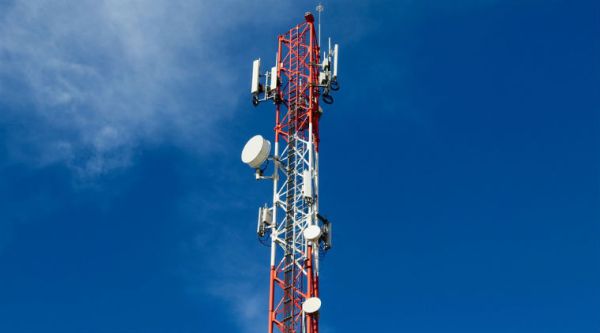National Telecom Policy: ‘Guiding principles prepared’; Cabinet note likely by January
Telecom Commission extends spectrum payment period to 16 yrs from 10 yrs.
 The telecom commission also approved replacement of the PLR with MCLR for the delay in payments by operators on licence fee and spectrum usage charges.
The telecom commission also approved replacement of the PLR with MCLR for the delay in payments by operators on licence fee and spectrum usage charges.
Laying the groundwork for the ambitious new National Telecom Policy (NTP), the Telecom Commission, has defined the guiding principles for the policy, which include focus on the telecommunications sector as an enabler of economic growth, protection of consumer interest by ensuring affordability, quality of services, protection of data and privacy, a senior official at the Department of Telecommunications (DoT) said.
A working group, comprising representatives from the industry, financial institutions, etc will first work with the government on preparation of the telecom policy, after which it will be referenced to an expert advisory group. “The DoT expects to float the Cabinet note of the policy by January 2018, and hopes to get the approval by March 2018,” the official said.
Furthermore, in line with the government’s ease of doing business, the official said, the new policy will aim to define light touch and future-proof regulations for the sector. “The policy will look to ensure financial stability and sustainable growth of the sector so that so that adequate investments can come for all the new technologies,” the official said.
In its meeting on Friday, the DoT’s apex decision making body also cleared recommendations of the Inter Ministerial Group about raising the deferred spectrum payment period from 10 years to 16 years. Currently, if operators choose to make deferred payment for spectrum won in an auction, they have to make 10 equal instalments after two years of moratorium period.
The telecom commission also approved replacement of the PLR with MCLR for the delay in payments by operators on licence fee and spectrum usage charges. The interest will now be charged on the basis of MCLR instead of PLR, according to a DoT source. “The commission has approved IMG’s recommendations to replace PLR with MCLR. Now the new rate will be MCLR plus 400 basis points, which will be a benefit of around 200-300 basis points to the operators,” the source said.
Furthermore, in what could come as a huge advantage to smaller operators, the DoT also plans to amend the spectrum trading guidelines, which state that revenue earned from trading of airwaves to other operators will be a part of the adjusted gross revenue, on the basis of which spectrum usage charge and licence fee are calculated. “The DoT has sought legal opinion on amending the spectrum trading guidelines,” the official said. Apart from this, the commission asked DoT to seek Trai’s views about of removing the 50 per cent cap on spectrum holding by an operator in a particular frequency.
Photos





- 01
- 02
- 03
- 04
- 05

























